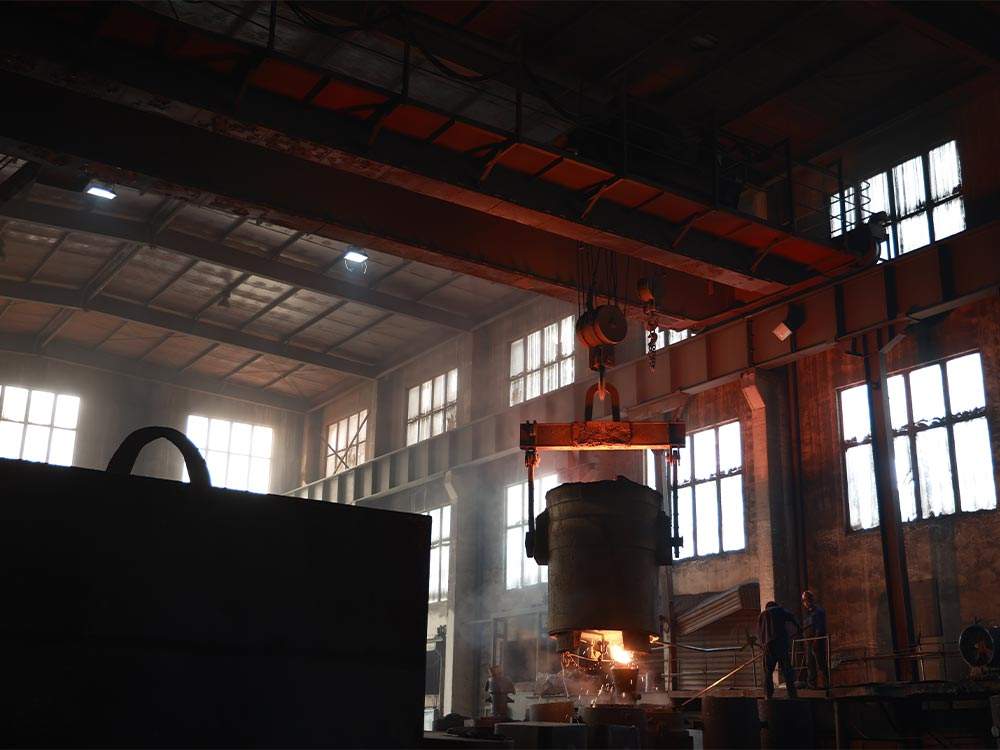Introduction

Duplex stainless steel, known for its exceptional corrosion resistance and mechanical properties, has gained significant attention in various industries. This comprehensive guide aims to delve into the properties, applications, and advantages of duplex stainless steel.
Understanding Duplex Stainless Steel
Duplex stainless steel is characterized by its dual-phase microstructure, consisting of both austenitic and ferritic phases. This unique composition provides a combination of high strength and excellent corrosion resistance, making it suitable for diverse applications.
| Property | Description |
|---|---|
| Corrosion Resistance | Excellent resistance to chloride-induced corrosion |
| Strength | High strength, with yield strengths exceeding 550 MPa |
| Toughness | Superior toughness, even at low temperatures |
| Weldability | Good weldability, although precautions are necessary |
| Cost-Efficiency | Offers cost savings due to extended service life |
Applications of Duplex Stainless Steel
Duplex stainless steel, renowned for its exceptional corrosion resistance and mechanical properties, finds extensive applications across diverse industries. Its unique combination of attributes makes it highly suitable for critical components and structures in various environments. Let’s explore some of the key applications in greater detail:
Oil and Gas Industry:
- Pipelines: Duplex stainless steel pipelines are widely used for transporting oil, gas, and other hydrocarbons due to their resistance to corrosive elements present in the fluid and surrounding environment.
- Offshore Platforms: Components such as risers, subsea pipelines, and platform structures benefit from the corrosion resistance and high strength of duplex stainless steel, ensuring long-term integrity in harsh marine conditions.
- Storage Tanks: Tanks for storing crude oil, refined products, and chemicals utilize duplex stainless steel to prevent corrosion and maintain structural integrity, especially in coastal or offshore installations.
Chemical Processing:
- Pressure Vessels: Duplex stainless steel pressure vessels withstand high-pressure environments and corrosive chemicals encountered in chemical processing plants, offering prolonged service life and reduced maintenance.
- Reactors: Reactors handling aggressive chemicals benefit from the corrosion resistance and thermal stability of duplex stainless steel, ensuring safe and efficient chemical reactions.
- Heat Exchangers: Heat exchangers constructed from duplex stainless steel resist corrosion, fouling, and thermal cycling, making them ideal for demanding applications in chemical processing and petrochemical industries.
Marine Applications:
- Shipbuilding Components: Duplex stainless steel is used in ship hulls, propeller shafts, and other structural components due to its high strength-to-weight ratio, corrosion resistance, and fatigue resistance, enhancing the longevity of marine vessels.
- Desalination Plants: Critical equipment such as pumps, valves, and piping in desalination plants are often fabricated from duplex stainless steel to withstand the corrosive nature of seawater and brine solutions, ensuring reliable operation and minimal downtime.
Advantages of Duplex Stainless Steel
Corrosion Resistance: With its high chromium and molybdenum content, duplex stainless steel offers exceptional resistance to corrosion, particularly in aggressive environments such as seawater and chemical processing.
Strength and Toughness: The dual-phase structure provides a combination of high strength and toughness, making it suitable for demanding applications where both properties are crucial.
Cost-Effectiveness: Despite its superior properties, duplex stainless steel can offer cost savings over the long term due to its extended service life and reduced maintenance requirements.
Versatility: Its versatility allows for a wide range of applications across various industries, providing engineers and designers with flexibility in material selection.
Weldability: While precautions are necessary, duplex stainless steel generally exhibits good weldability, enabling the fabrication of complex structures and components.
Factors to Consider

When considering the use of duplex stainless steel, it’s essential to evaluate factors such as:
Environment: Assess the corrosive environment to ensure compatibility with duplex stainless steel.
Design Requirements: Consider the required strength, toughness, and other mechanical properties for the intended application.
Fabrication Considerations: Understand the welding procedures and precautions necessary to maintain the integrity of duplex stainless steel components.
Conclusion
Duplex stainless steel offers a unique combination of properties that make it highly desirable for a wide range of applications across various industries. Its superior corrosion resistance, strength, toughness, and cost-effectiveness make it a preferred choice for critical infrastructure and equipment. By understanding its properties and applications, engineers and designers can leverage the benefits of duplex stainless steel to optimize performance and longevity in their projects.
FAQ
What is duplex stainless steel?
Duplex stainless steel is a type of stainless steel characterized by its dual-phase microstructure, consisting of both austenitic and ferritic phases.
What are the main advantages of duplex stainless steel?
The main advantages include excellent corrosion resistance, high strength, toughness, cost-effectiveness, and weldability.
Where is duplex stainless steel commonly used?
Duplex stainless steel finds applications in industries such as oil and gas, chemical processing, marine, construction, and food processing.
Is duplex stainless steel weldable?
Yes, duplex stainless steel is generally weldable, although precautions are necessary to maintain its corrosion resistance and mechanical properties.
How does duplex stainless steel compare to other stainless steels?
Duplex stainless steel offers a unique combination of properties, combining the corrosion resistance of austenitic stainless steel with the high strength and toughness of ferritic stainless steel.
